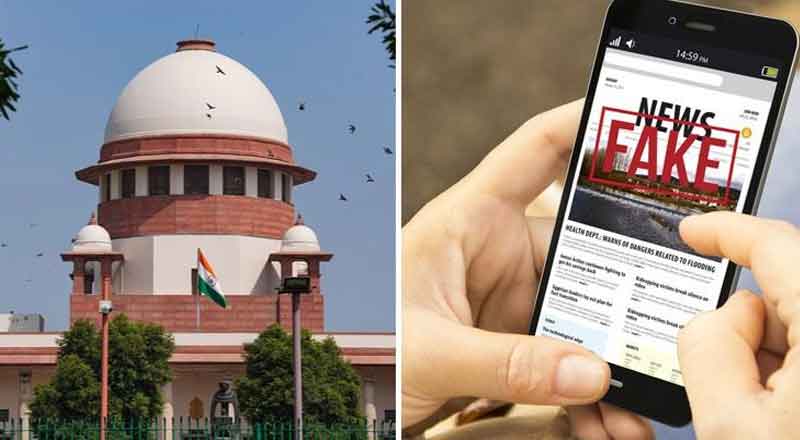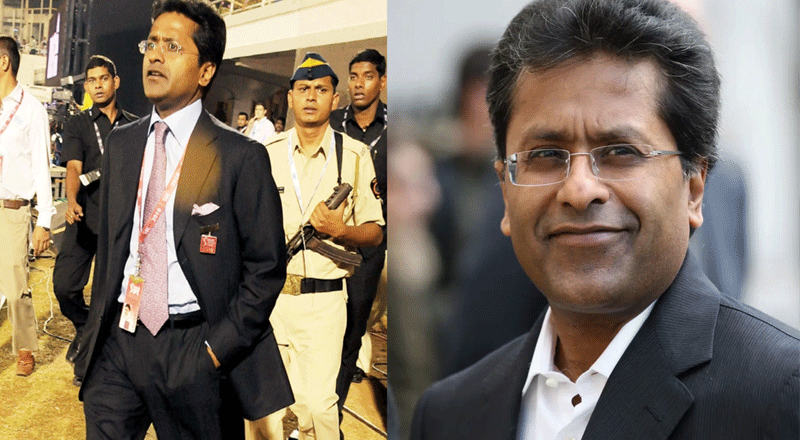Stay Order Issued: The Supreme Court has temporarily halted the implementation of the March 20 notification regarding the Fact Check Unit (FCU) established by the Central government, as per the Information Technology (Intermediary Guidelines and Digital Media Ethics Code) Amendment Rules 2023 (IT Amendment Rules 2023).
Pending Decision by Bombay High Court: The apex court has decided to suspend the notification until the Bombay High Court reaches a decision on the challenges posed to the Information Technology Rules Amendment 2023. The FCU’s role involves monitoring social media content related to government operations, aligning with the amended IT Rules.
Judicial Bench and Suspension: A bench comprising Chief Justice of India D Y Chandrachud and Justices J B Pardiwala and Manoj Misra has suspended the operation of the Ministry of Electronics and Information Technology’s notification designating the Press Information Bureau (PIB) as the fact-checking unit.
Setting Aside Previous Orders: Additionally, the Supreme Court has set aside the Bombay High Court’s interim order from March 13, which had declined to restrain the government from establishing the fact-checking unit.
Constitutional Scrutiny Required: The apex court emphasized the necessity for a thorough constitutional analysis of specific provisions within the amended IT Rules, empowering the government to institute a fact-checking unit. These provisions also grant the government authority to label online content pertaining to its affairs on social media platforms as fake, false, or misleading.
Challenging Parties and Concerns: Stand-up comedian Kunal Kamra and the Editors Guild of India have filed petitions challenging the government notification in the Supreme Court. Legal experts, including Natasha Treasurywala and Avisha Gupta, have raised concerns regarding the subjective nature of the rules, potential censorship implications, and the unchecked discretion granted to the government-appointed FCU.
Implications on Social Media Intermediaries: As per the notification, social media intermediaries are obligated to remove any government-related content flagged as fake or false by the FCU. Failure to comply would result in the loss of “safe harbor” immunity against legal actions arising from such content.
Judicial Review and Constitutional Law Questions: The Bombay High Court’s split verdict in January on petitions challenging the IT Rules amendments highlighted the need for a deeper examination of the legal implications and constitutional validity of the rules, particularly concerning censorship and intermediary liability.
The Supreme Court’s intervention reflects the gravity of the issues surrounding government control over online content and the potential infringement on freedom of expression, necessitating a balanced and judicious approach in adjudicating the matter.
(With inputs from agencies)





